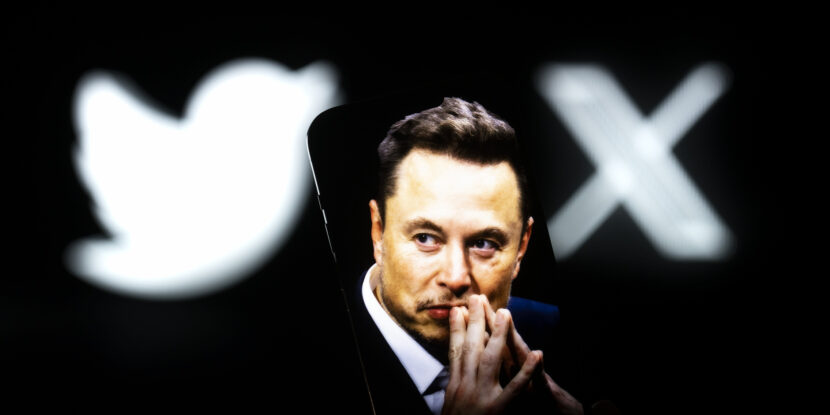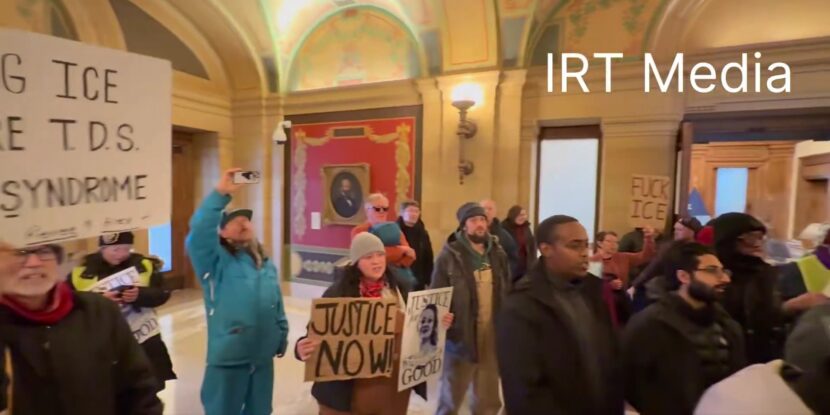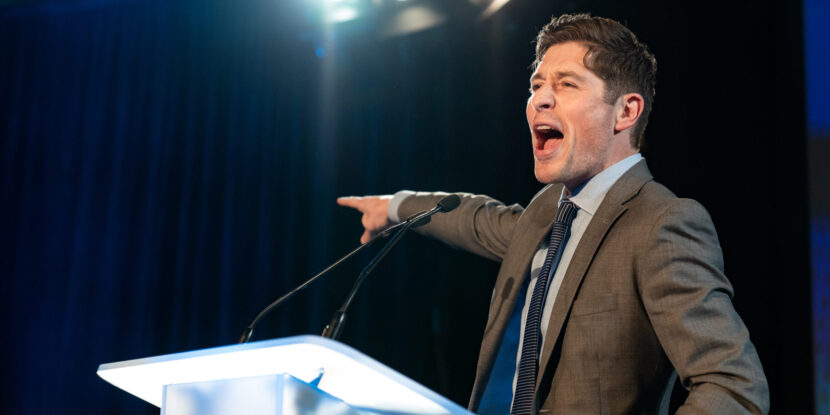The Supreme Court of Brazil has demanded that X, formerly Twitter, name a legal representative for the social media platform or face being banned from the country on Thursday night.
Earlier this month, X announced it would shut down its operations in Brazil and lay off its staff due to what it described as “censorship orders” from Judge Alexandre de Moraes. Despite this, X said the site would remain available to Brazilian users.
Earlier this year, Moraes had ordered X to block accounts linked to “digital militias” accused of spreading “fake news” and “hate messages” during former President Jair Bolsonaro’s government.
Musk challenged this decision and threatened to reactivate the blocked accounts, prompting Moraes to inquire into Musk in April.
X has also alleged that Moraes secretly threatened one of its legal representatives with arrest if the company did not comply with orders to remove specific content.
In a ruling on Wednesday, August 28, Moraes stated that under Brazilian internet laws, companies failing to respect national legislation or private information confidentiality risk having their activities suspended.
Musk later criticized Moraes on X, accusing him of repeatedly breaking the laws he is supposed to uphold.
Musk has called Moraes’ decisions “unconstitutional,” although X representatives eventually agreed to comply with the court’s orders. X later claimed that “operational faults” had allowed some blocked users to remain active.
Musk’s new legal fight comes after European Union officials threatened X for not censoring certain kinds of posts deemed illegal or hateful.
Other tech CEOs have also come under legal pressure, including Telegram CEO Pavel Durov, who was arrested in France and has been charged this week with several crimes from complicity to drug trafficking and child pornography to fraud.




















